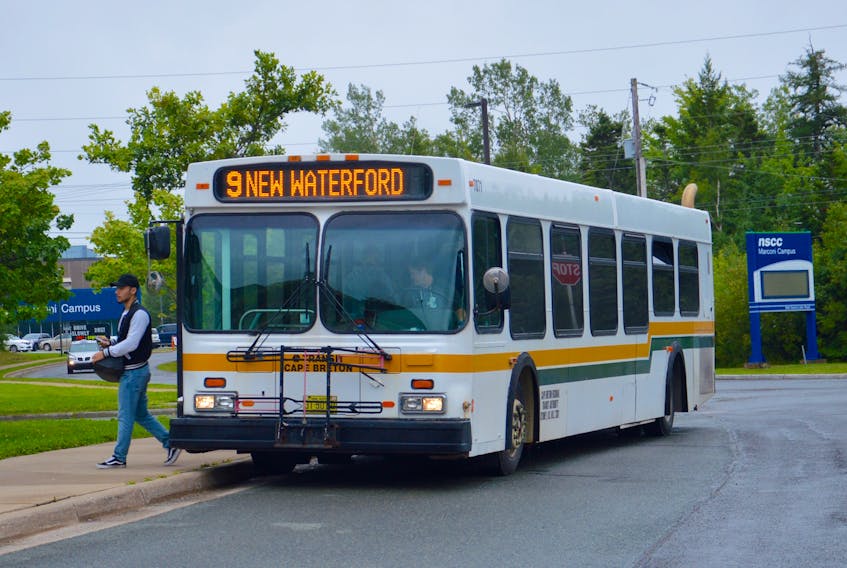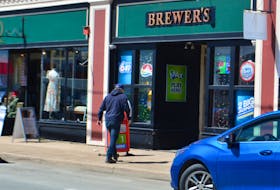SYDNEY, N.S. — The COVID-19 pandemic may have decelerated Transit Cape Breton’s plans for a greener future but it hasn’t stalled an initiative that could lead to the electrification of the public transportation system.
According to Cape Breton Regional Municipality fleet and transit manager Kathy Donovan, a Nova Scotia government-funded study looking into the feasibility of electrifying Transit Cape Breton’s bus fleet is still ongoing.
She said the third-party analysis that began about a year ago, and that already has the support of provincial Energy Minister and Sydney MLA Derek Mombourquette, must be completed before any big moves are made in terms of moving from a fleet of diesel-fuelled buses to a fleet of electric buses.

“It’s still on the radar,” said Donovan.
“COVID did cause some delays with the study but I’d say it is now about 70 or 80 per cent complete. But that study has to be done before anything else can happen.”
While many agree that electric-powered buses will be a prominent feature of future public transportation models, Donovan said the municipality is already working toward making its fleet more cost-effective and more environmentally friendly. She said the CBRM’s most recent bus purchases involved vehicles more fuel-efficient than the current fleet and that emit less emissions.
In the meantime, Donovan said she’s pleased that the service continues to earn the trust and patronage of local residents reliant on public transportation.
“Ridership really is starting to pick up again — COVID scared some patrons away but there’s a lot more people using the service now,” she said.
“We’ve worked hard to make the service better. We improved things. We added times and we added runs. And patrons who normally didn’t use public transit now find the service reliable and dependable.”
Indeed, Transit Cape Breton was reporting an unprecedented boom in ridership prior to the emergence of COVID-19. Donovan acknowledged that the influx of international students attending Cape Breton University over the past couple of years played a large part in the increased ridership.
The increased use of the service even led to the establishment of new bus “hubs” such as the ones at CBU and the North Sydney Mall, which were designed to allow for better connections and transfers between communities.
Cape Breton Transit presently operates a fleet of 30 diesel-fuelled buses and nine gas-powered Handi-Trans vehicles.
David Jala is a political reporter at the Cape Breton Post.









